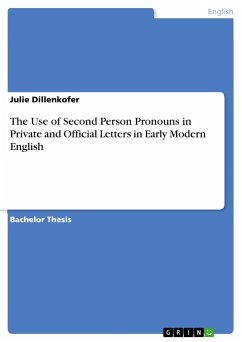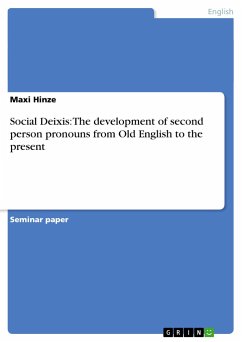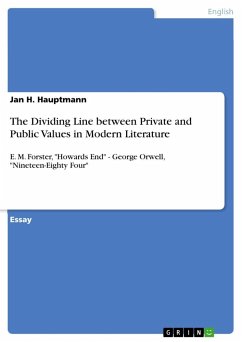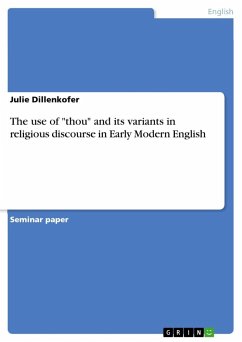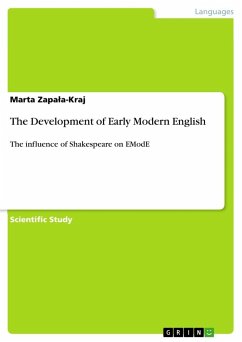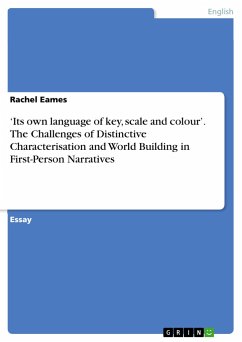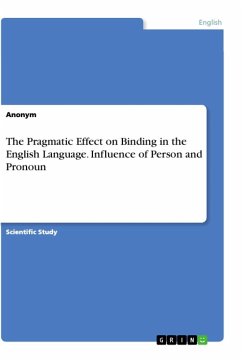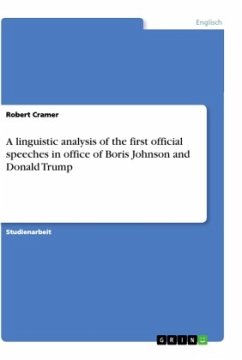Bachelor Thesis from the year 2014 in the subject English Language and Literature Studies - Linguistics, grade: 1,0, University of Heidelberg (Anglistisches Seminar), language: English, abstract: This thesis includes 171 pages of detailed linguistic corpus analysis as well as 36 pages of running text examining the use of thou, thee, ye and you in Early Modern English. The corpus I will use is the diachronic multi-genre Helsinki Corpus of English Texts, which consists of 1 572 800 words. For my investigation of the subjective and objective second person pronouns, I will consider all 2977 occurrences of thou, thee, ye and you (including their alternative spellings) in the 126 Early Modern English text samples of private and official correspondence.For this research, I will use private and official letters, since they are essentially the only surviving text samples in which an individual is consistently addressed. I will first analyze the use of the subjective and objective second person pronouns in private correspondence. More precisely, I will determine how thou, thee, ye and you (and their alternative spellings) were used in the period of Early Modern English and in which context they appeared. Next, I will investigate the same four pronouns in non-private Early Modern English letters. Finally, I will compare the use of the subjective and objective second person pronouns in private and non-private correspondence from the first Early Modern English period (1500 to 1570) through the second one (1570 to 1640) up to the third and last one (1640 to 1710). I will explore to what extent a status distinction or an emotional marking is made within these private and official letters and how each of the four pronouns developed until only you remained.Initially, the usage of certain second person pronouns related to social status as well. In Middle English, ye and you were generally used by inferiors for addressing their superiors, while thou and thee were employed by superiors for speaking with their inferiors (cf. Adamson et al 2001: 206, 227-228; Barber 1976: 208; Baugh and Cable 1978: 242; Brown and Gilman 1960: 255-257 ; Byrne 1936: xix-xx, xxiii-xxiv, xxvii; Görlach 1991: 85). In Early Modern English, the use of the more polite pronouns ye and you was favored, and, as a result, the status distinction became less common until it was eventually dropped in Modern English.
Hinweis: Dieser Artikel kann nur an eine deutsche Lieferadresse ausgeliefert werden.
Hinweis: Dieser Artikel kann nur an eine deutsche Lieferadresse ausgeliefert werden.

